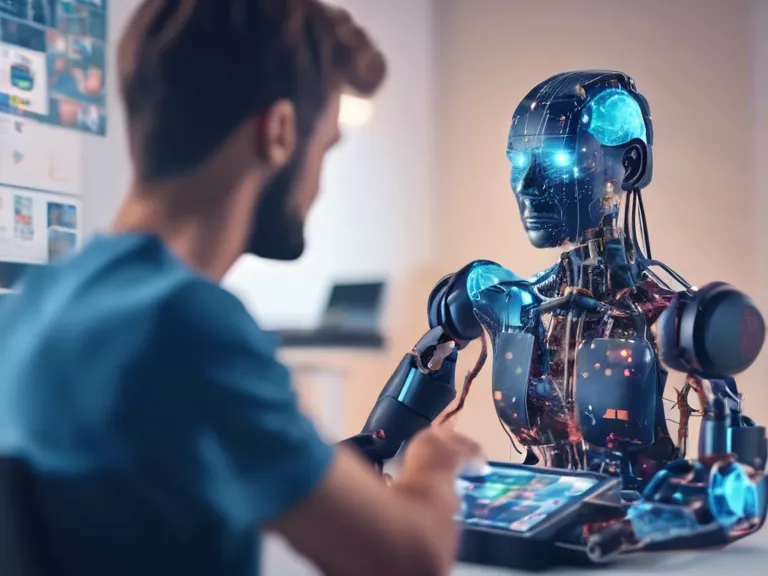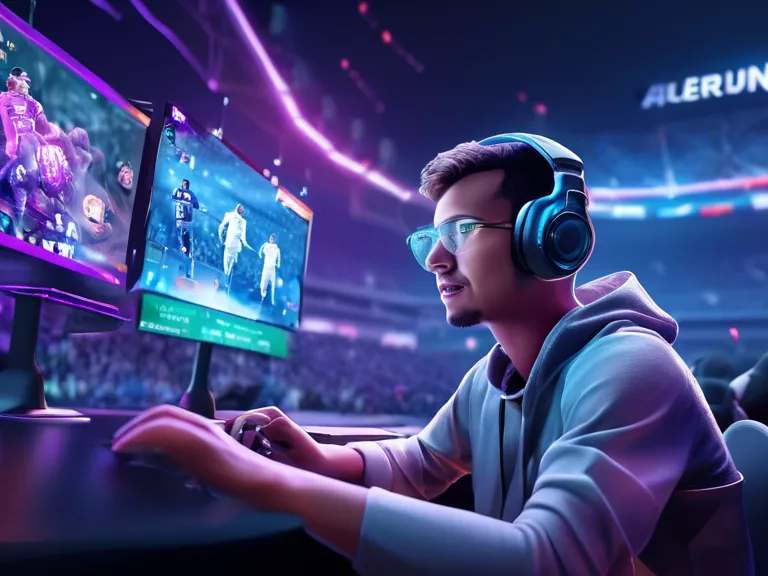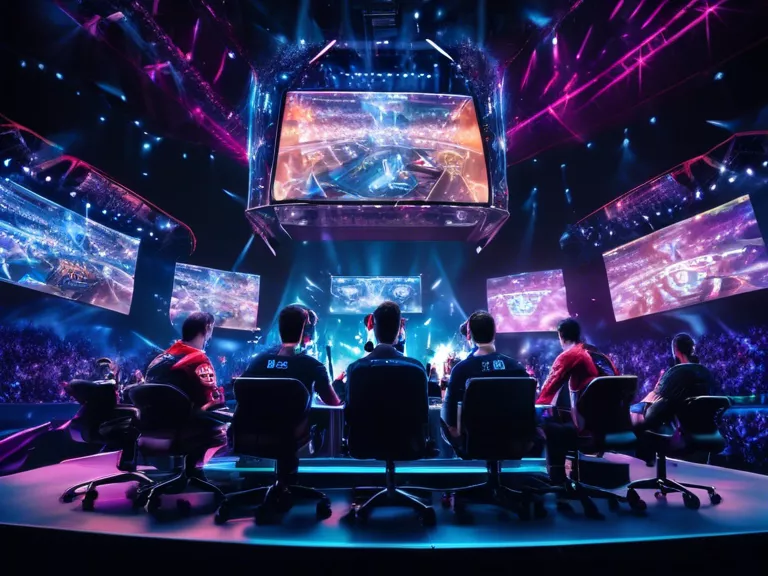
Artificial Intelligence (AI) has revolutionized the field of game development, particularly in the area of cognitive rehabilitation. Games leveraging AI technology are being used to improve cognitive functions, memory, attention, and problem-solving skills in individuals with cognitive impairments. This article explores the impact of AI on developing games for cognitive rehabilitation, highlighting the benefits and challenges of integrating AI into these applications.
One of the key advantages of using AI in cognitive rehabilitation games is its ability to adapt and personalize the gaming experience for each individual. AI algorithms can analyze player performance in real-time and adjust the difficulty level, pacing, and content of the game to match the player's cognitive abilities. This personalized approach ensures that the games remain engaging and effective for users with varying levels of cognitive impairment.
Furthermore, AI enables developers to create games that can accurately assess and monitor cognitive functions. By analyzing player behavior and performance data, AI algorithms can provide valuable insights into the cognitive strengths and weaknesses of each individual. This information can be used to tailor the game's challenges to target specific cognitive skills that need improvement, ultimately enhancing the effectiveness of the rehabilitation process.
However, integrating AI into cognitive rehabilitation games also presents its own set of challenges. Developers must strike a balance between providing meaningful cognitive stimulation and maintaining an enjoyable gaming experience. Furthermore, ensuring the accuracy and reliability of AI algorithms in assessing cognitive functions is crucial to the success of these games. Continued research and development in the field of AI are essential to address these challenges and further enhance the potential of cognitive rehabilitation games.
In conclusion, AI technology has had a significant impact on the development of games for cognitive rehabilitation. By harnessing the power of AI, developers can create personalized and effective games that improve cognitive functions in individuals with impairments. Despite the challenges, the potential of AI in this field is promising, paving the way for innovative solutions that can positively impact the lives of individuals undergoing cognitive rehabilitation.



